Do Kittens Remember Their Siblings?
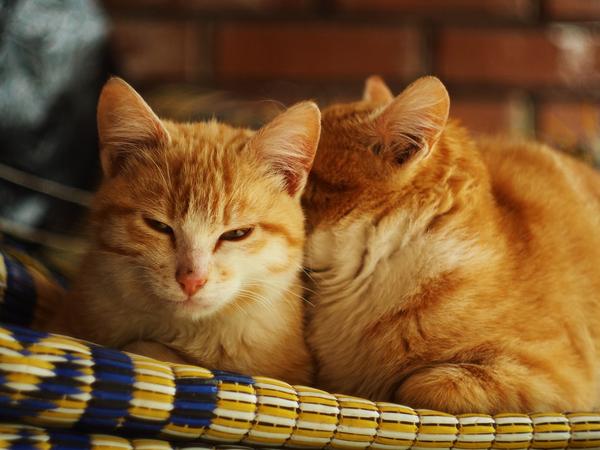
Ever wondered if kittens have lasting memories of their siblings?
I get it, you've probably experienced those bittersweet goodbyes, feeling sentimental about those fluffy bundles of joy. 😢
Can you blame me for wondering too?
Let's dive into the kitten-memory rabbit hole and find out, shall we?
Ready to unravel this purrfect mystery together?
Let's begin.
Cats' Differential Treatment and Memories of Siblings
Did you know that cats in a litter often treat each other differently?
It's true!
Just like humans, cats have their own way of establishing a social order.
The bossy kitten in the litter usually gets special privileges.
They get to eat and play first before their siblings.
It's like being the playground leader!
Cats rely on scent recognition
Have you ever wondered how cats recognize each other?
Well, they heavily depend on recognizing scents.
Cats have an amazing ability to remember and retain the smells of other cats, including their siblings and favorite people.
But here's the thing:
If a cat comes across an unfamiliar smell, they see that other cat as a stranger. Just imagine trying to recall someone's name when they've completely altered their appearance!
When kittens are born, they form strong social connections with their siblings.
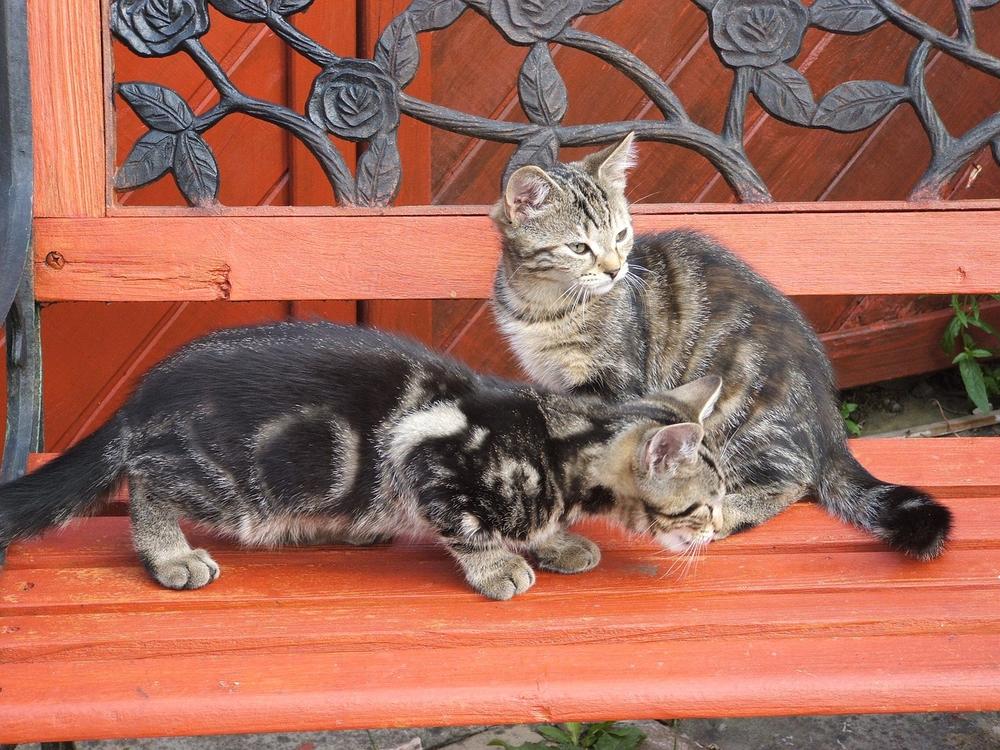
They spend lots of time together and treat each other differently.
It's like having built-in playmates!
However, these bonds may or may not last into adulthood. Once kittens start forming attachments to humans and other pets in the household, they often leave behind their mother and siblings.
It's similar to leaving your childhood friends behind when you move to a new city.
So, while kittens may keep their siblings in mind briefly, it's unlikely for them to recognize or recall them in the long run.
Cats are independent creatures who build new relationships with their owners rather than relying on sibling connections.
I highly recommend checking out my article Do Cats Remember Their Owners if you're curious about whether cats truly remember their owners.
In my guide, I explore the fascinating topic of feline memory.
You might find the evidence and insights provided in the article quite intriguing.
Do Cats Grieve for Their Siblings?
Losing a bonded family member can be extremely difficult for cats.
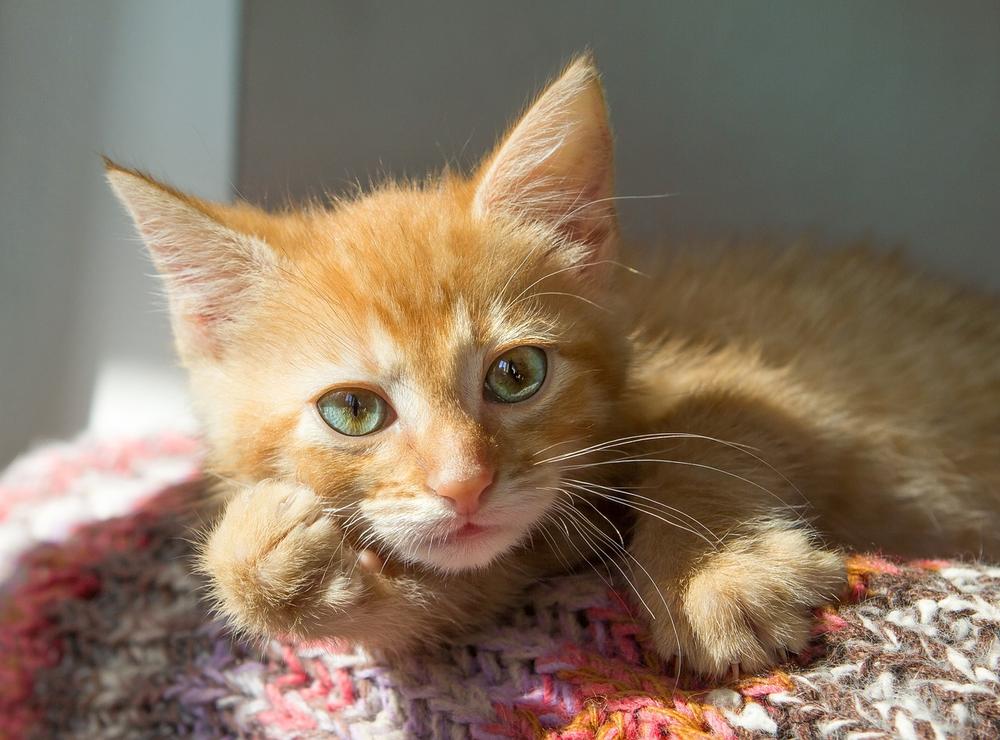
And just like humans, they can experience grief.
Here are some signs to look out for if you suspect your cat is grieving:
- Changes in appetite: Loss of appetite is common when cats are grieving. Keep an eye on their eating habits and consult with a vet if there are any concerns.
- Increased sleep: Grieving cats may sleep more than usual as a way to cope with their emotions.
- Searching behaviors: Cats may wander around the house looking for their lost companion. This is a sign that they miss them and are trying to find them.
- Behavioral changes: Cats might exhibit different behaviors, such as being more clingy or withdrawing from social interactions.
- Decreased hygiene: Some cats may neglect grooming themselves when they are grieving. It's important to provide gentle support and help them maintain their cleanliness.
Grief in cats can last up to six months, so you need to be patient and understanding during this time.
Provide comfort, love, and a safe environment for your feline friend. 😿
Do Cats Get Sad When Their Siblings Leave?
Here's how you can help your cat when their siblings leave:
- Give them something that smells like you.
- Comfort them when they cry.
- Show them extra love and attention.
- Keep them entertained with interactive toys.
- Make a cozy spot for them to feel safe.
- Stick to a consistent routine to ease their anxiety.
- Think about getting another friend for them.
- Use pheromone diffusers to create a calming atmosphere.
- Play and exercise with them to relieve stress.
- Give them lots of attention, love, and treats.
Every cat is different.
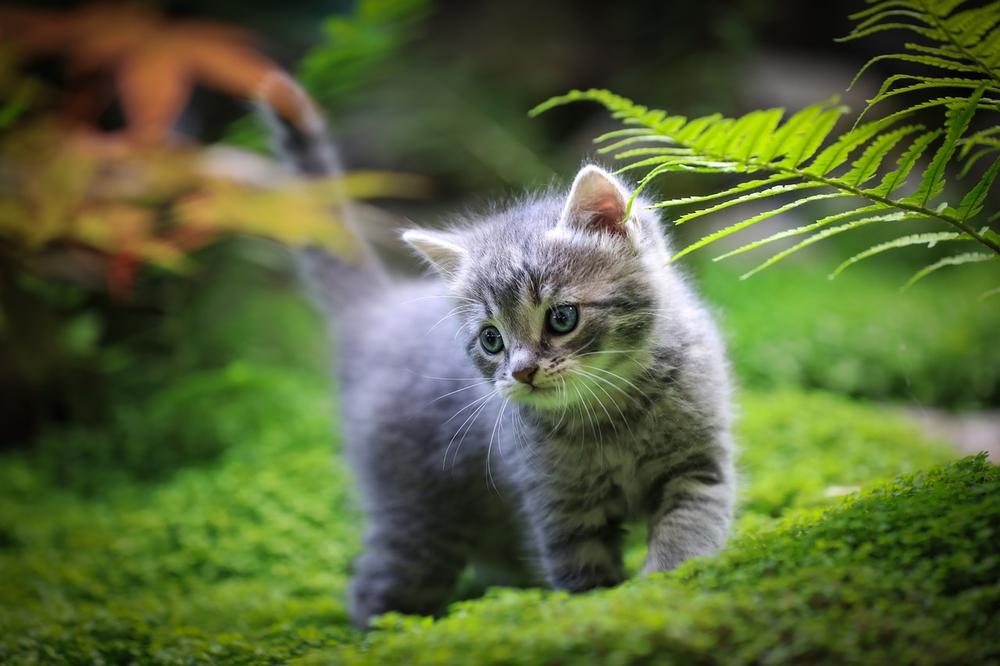
So be patient and understanding as they adjust. 😺
Heads Up: Curious about when kittens calm down and how to soothe a hyper kitten? You'll find all the answers in my helpful blog post: When Do Kittens Calm Down. Take a look and discover how to bring peace and tranquility to your furry friend!
And now, let's dive deeper into the importance of keeping kittens with their siblings and how it can impact their social growth and development...
When Should You Separate Cat Siblings?
When considering separating cat siblings, here are some key points to bear in mind:
- Introduce the kittens gradually to their new environment and provide consistency with their previous caregiver's routine.
- Set up a safe and secure area for the kittens, with familiar food, litter, and a litter box.
- Regular playtime is crucial to alleviate loneliness for a single kitten.
- Before adopting multiple cats, make sure to follow a step-by-step guide for establishing a healthy routine.
- While adopting two kittens from the same litter may decrease fights, remember that breed temperament plays a role too.
- Avoid early separation as kittens usually form strong attachments by eight weeks old.
- Reintroduce separated cats gradually, starting with scent mingling techniques.
The inclusion of these suggestions will lead to a more seamless adjustment period and encourage positive social progress and advancement for your young cats.
Do Cats Get Jealous of Their Siblings?
Cats can get jealous or show dominance when they think you're giving someone else better treatment.
This could lead to sibling cats behaving badly.
To prevent jealousy, ensure you give all your cats equal attention, treats, and resources. Don't pick favorites!
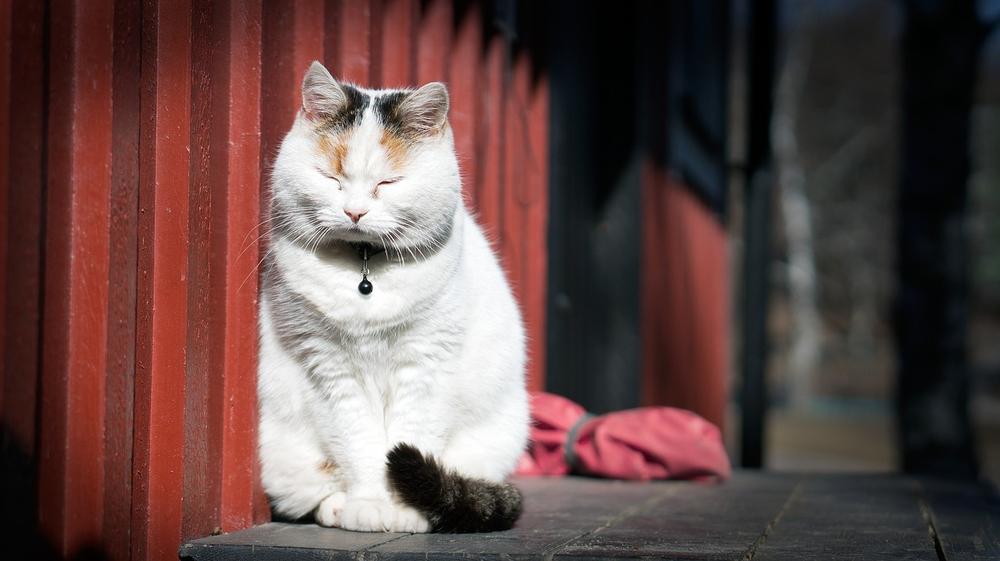
If your cats start fighting, don't jump in right away.
Instead, try making loud noises to distract them.
Let them work out their issues themselves without you getting hurt.
Fair treatment is key to happy furry family members.
The Lasting Bond: Sibling Memories and Kittens
- Cats rely on scent recognition to identify each other.
- Short-term memory in cats is limited, but long-term memory is strong.
- Kittens form strong social bonds with their siblings but may not last into adulthood.
- Cats develop attachments to their littermates and mother cat.
- Kittens are unlikely to remember or recognize their siblings unless raised together.
- Cats do not have a strong memory or understanding of their siblings once separated.
- Cats may grieve and show signs of behavioral changes after losing a companion.
- Providing an item with the owner's scent can assist with a kitten's transition.
- Separating cat siblings requires careful consideration and gradual reintroduction.
- Cats can get jealous or display dominance issues with favoritism.
And that wraps up today's article.
If you wish to read more of my useful articles, I recommend you check out some of these: Do Kittens Move a Lot Before Birth, How Long Can a Mother Cat Be Away From Her Newborn Kittens, Why Does My Cat Want Me to Watch Her Eat, and Mother Cat Biting Kittens Neck
Talk soon,
-Sarah Davis